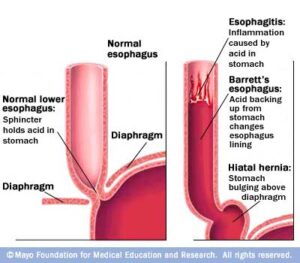
Barrett’s esophagus occurs when the normal cell type that lines the lower part of the esophagus (squamous cells) is replace
d by a different cell type (intestinal cells). This process usually results from repetitive damage to the esophageal lining. The most common cause of this is longstanding gastroesophageal reflux disease (GERD), a condition in which the esophagus is exposed to excessive amounts of stomach acid. Interestingly, the intestinal cells of Barrett’s esophagus are more resistant to acid than squamous cells, suggesting that they may be an adaptation to the chronic acid exposure. The problem with this adaptation is that the intestinal cells have a small potential to transform into cancer cells.
Meet Our Providers

Camille Licata, APN-C Learn More
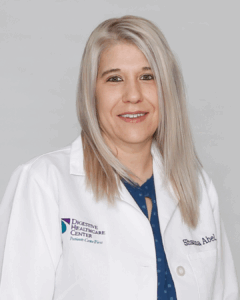
Shauna Abel, NP Learn More

Alysia Tsui, PA Learn More

Katrina Campion, AGNP Learn More

Shreyas Saligram, MD, MRCP (UK), FACG, FASGE Learn More

Mark Greaves, MD Learn More

Claudia Barghash, MD Learn More

Alan Gingold, DO Learn More

Cory Vergilio, MD Learn More

Gary F. Ciambotti, MD Learn More

Charles A. Accurso, MD, FACG Learn More
Our Gastroenterology Centers in NJ
Those throughout NJ have access to our three office locations, including our Hillsborough office and surgical center. Whether you are looking for help with uncomfortable symptoms or have been facing a digestive condition for years, our team of expert gastroenterologists is here for you. We want to help you live a healthier and more comfortable life – please contact us today to make an appointment!
- Hillsborough, NJ
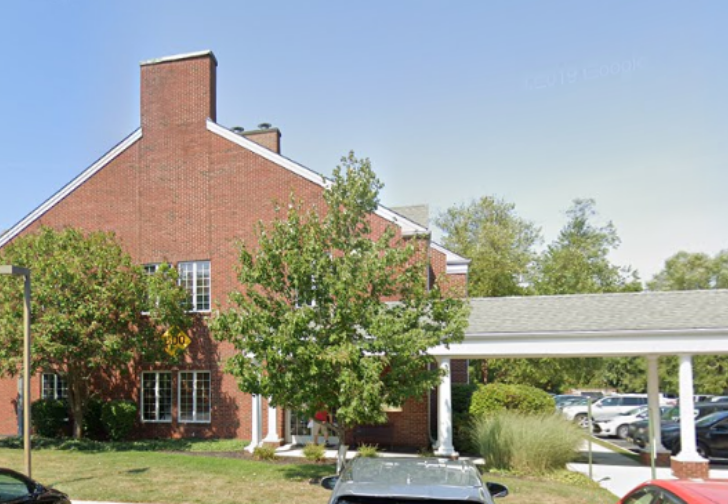
511 Courtyard Drive Bldg. 500
Hillsborough, NJ 08844
- Somerville, NJ
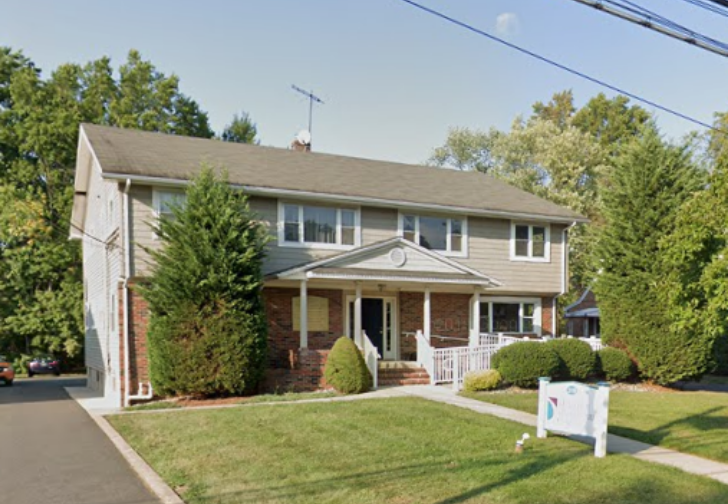
- Warren, NJ
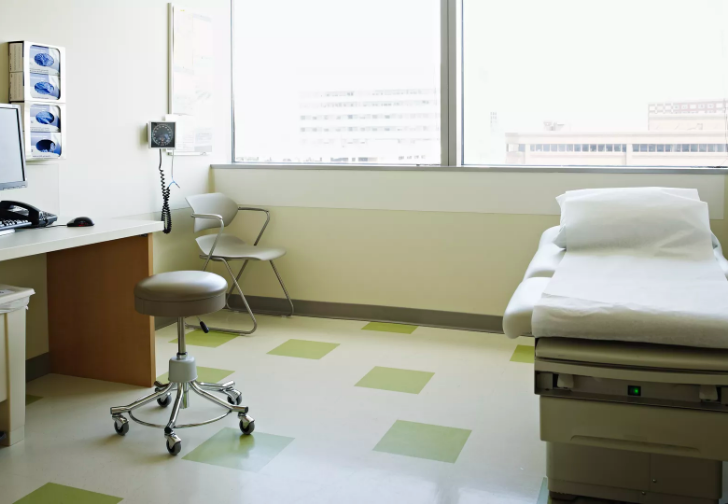
31 Mountain Boulevard Suite H
Warren, NJ 07059
Recent Blogs
Learn more about all things digestive health and wellness by checking out our recent gastroenterology blogs.

Walk in Solidarity and Support Breast Cancer
Blog On October 21st the DHC team and family members had a wonderful time walking in solidarity and support of Breast Cancer in honor of

The Do’s and Don’ts of Eating This Holiday Season
Blog The holiday season is officially upon us, complete with holiday food and cheer. While this time is well renowned for being “the most wonderful
Tame Your Flame: Our Summer Guide to Digestive-Friendly Eating
Blog With summer officially upon us, barbecue season is in full swing. That means blue skies, sunshine and making merry memories. Whether you’re invited to
Colonoscopy at Digestive Healthcare Center in Somerset County
Proper preparation is crucial for the completion of a successful colonoscopy. Please follow all instructions given to you by your physician, and contact us with any questions you have. We are proud to provide comprehensive digestive health care and services to patients at our three gastroenterology centers in NJ, with colonoscopies performed at our Hillsborough office and surgical center. To learn more or schedule your appointment, please contact us today.
